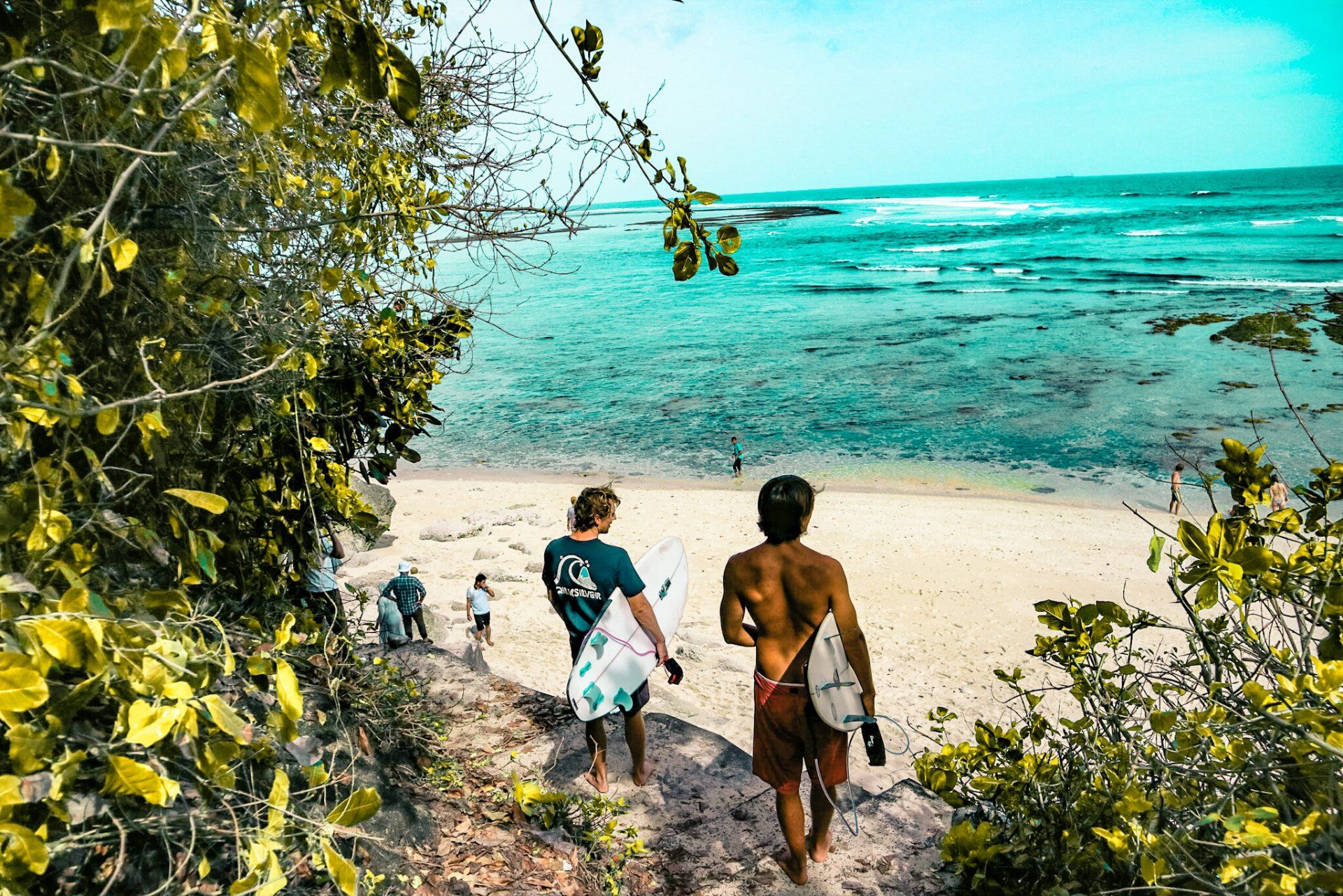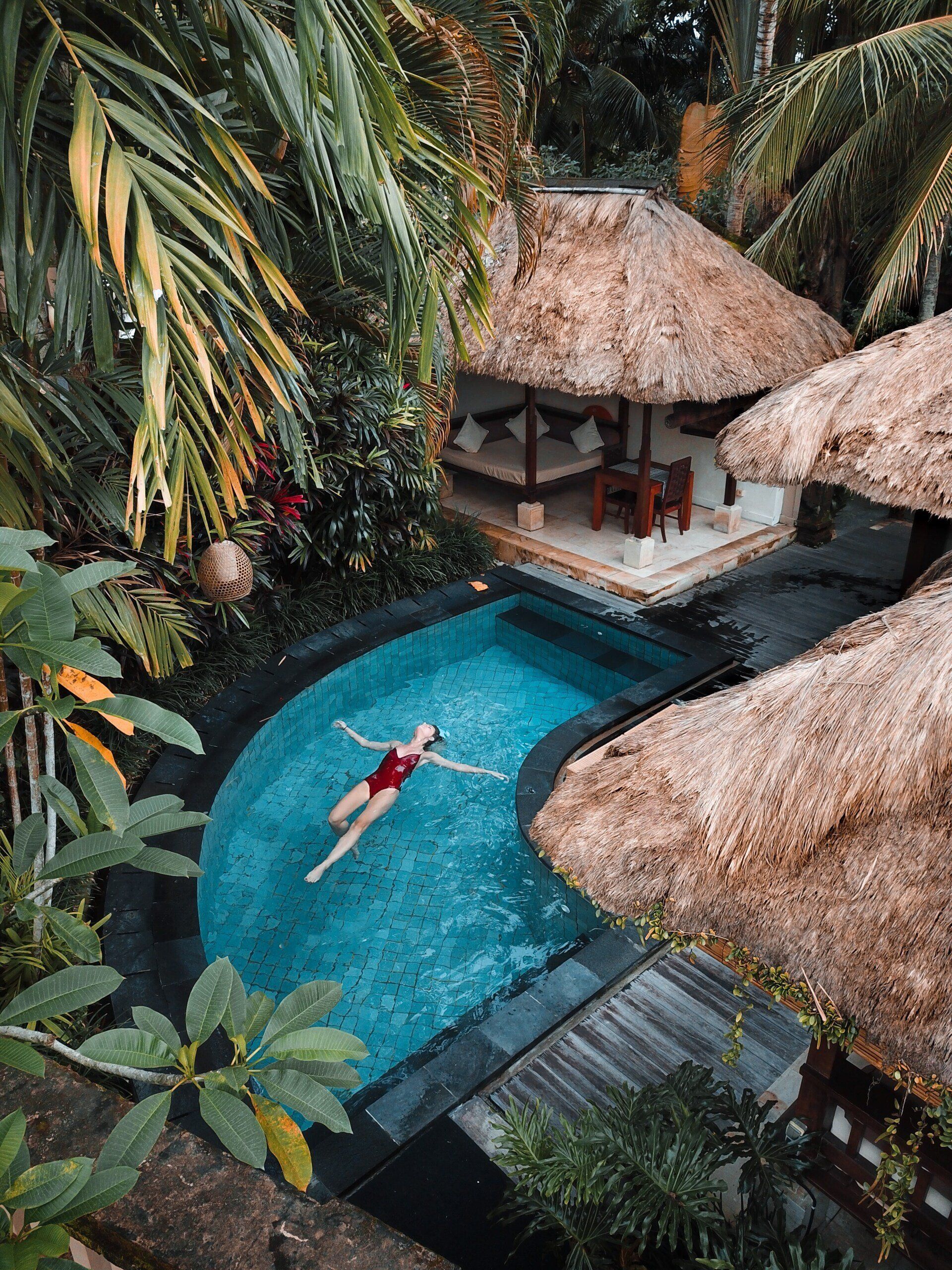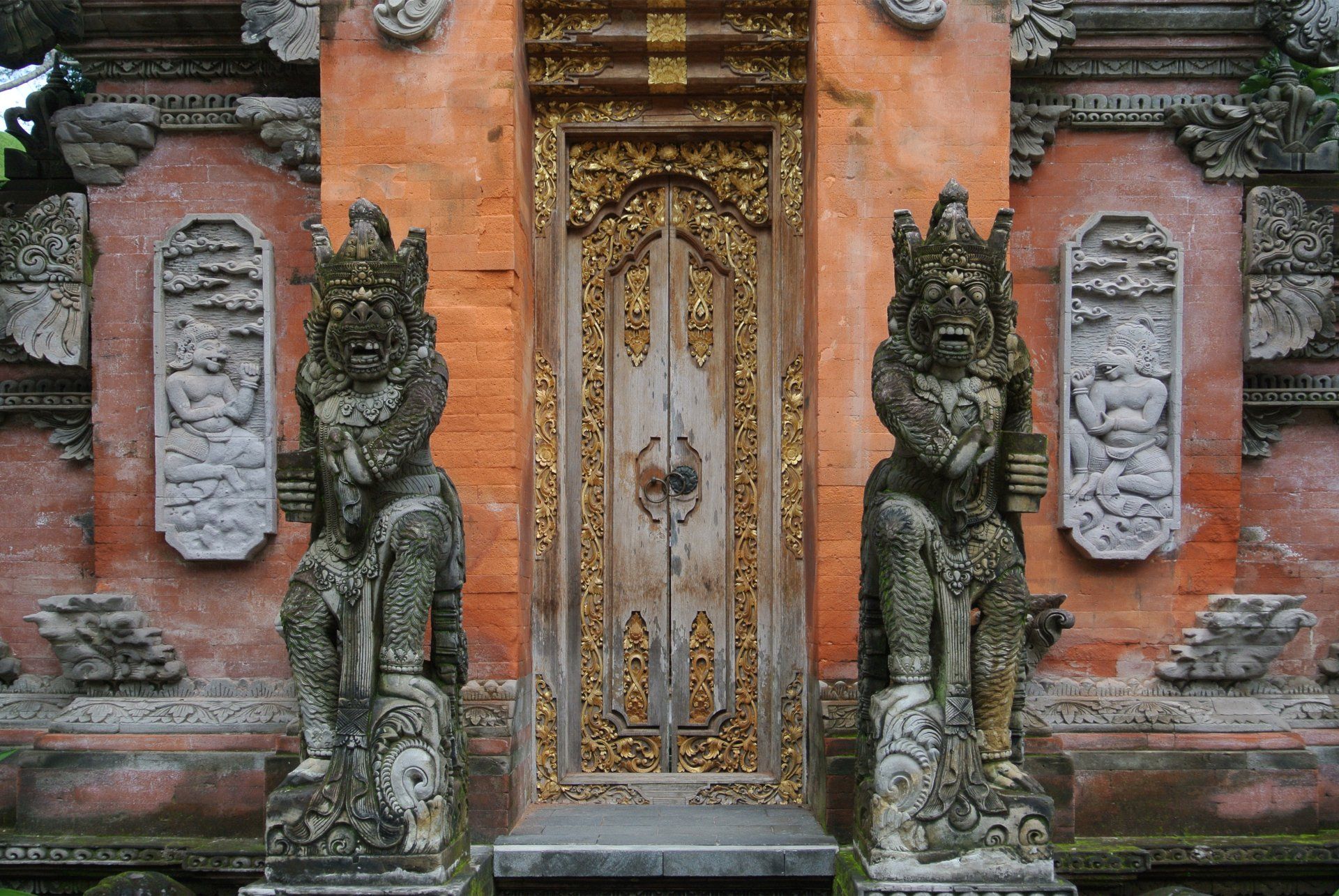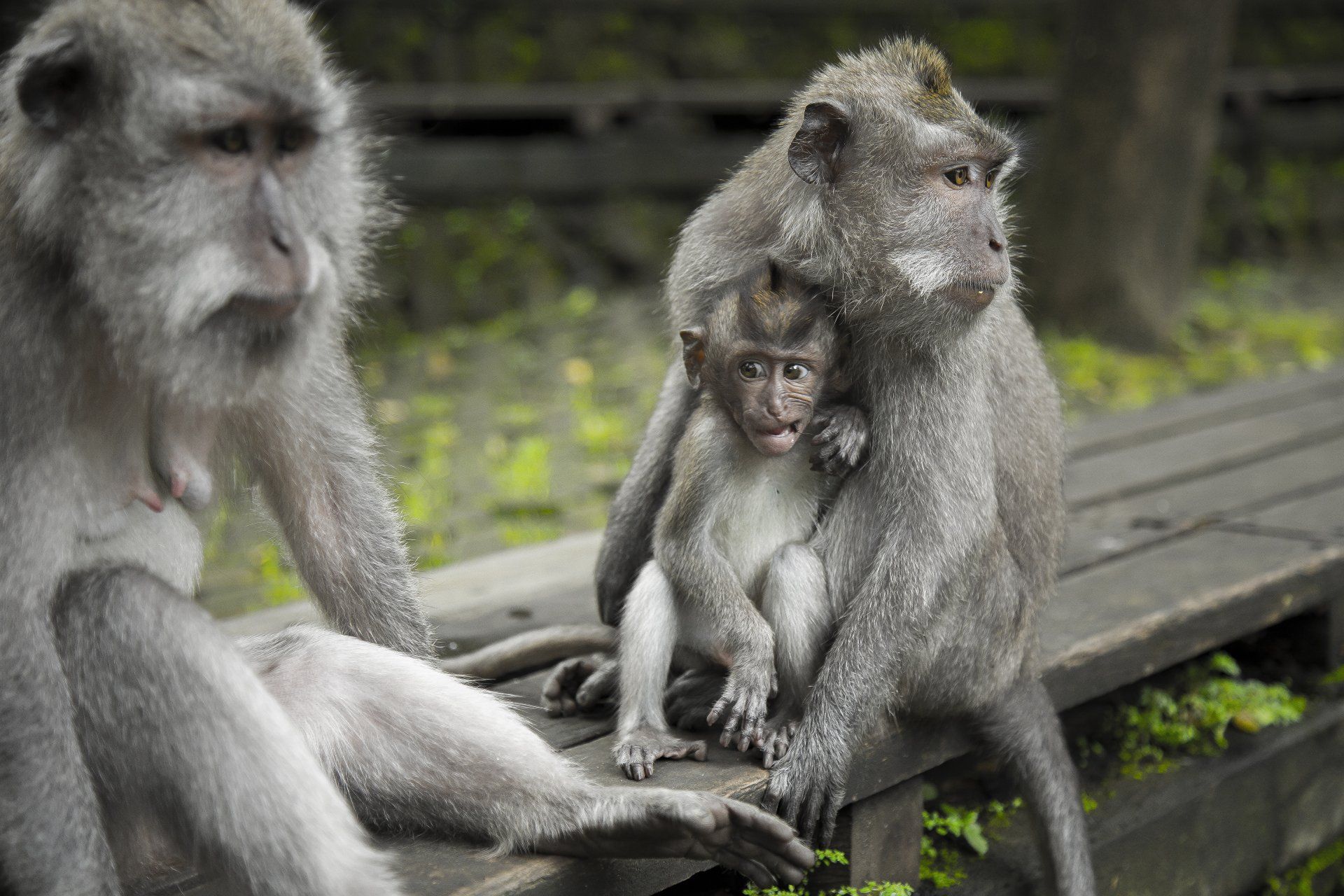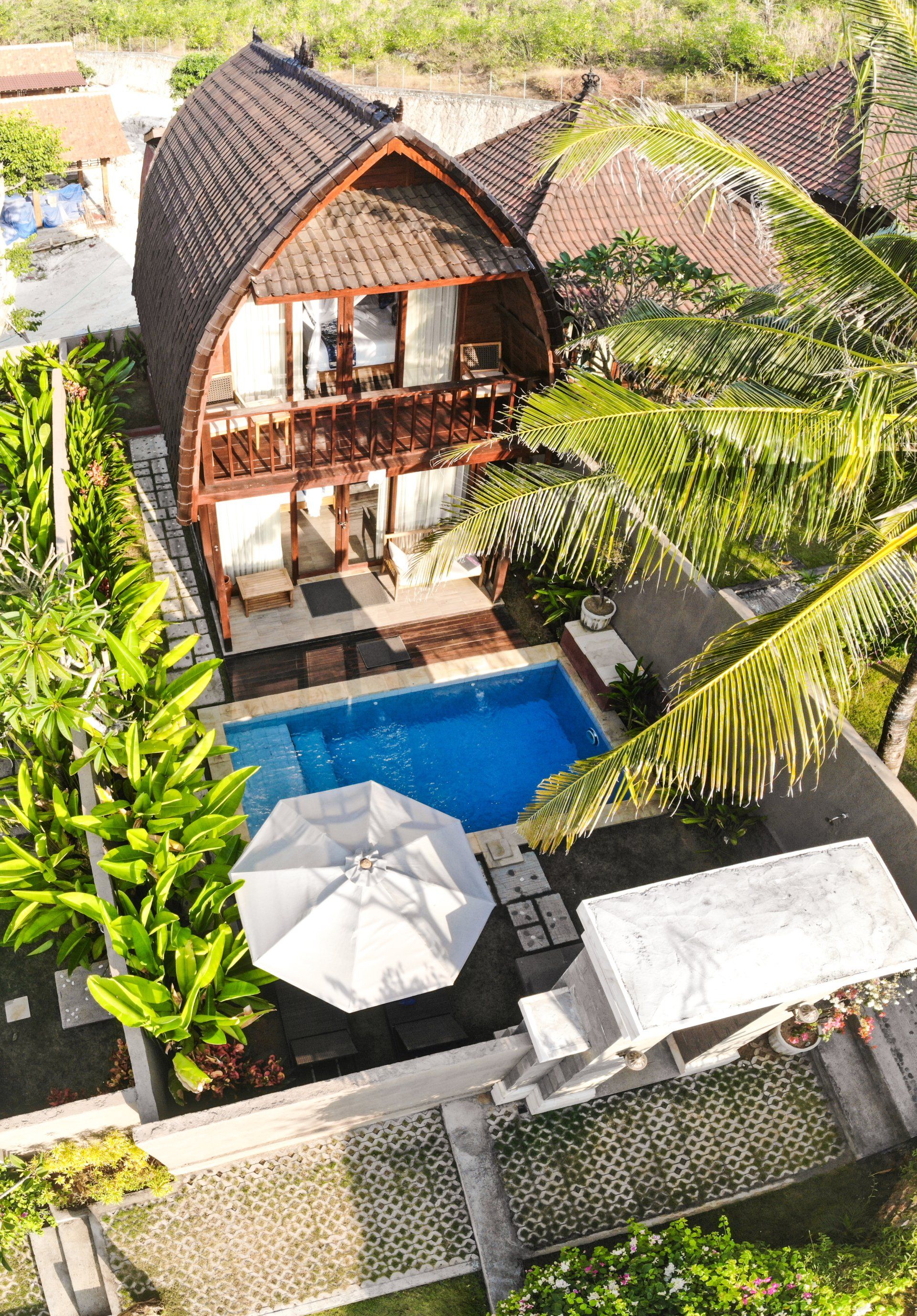Welcome in Bali
Weather and climate
Bali enjoys a tropical climate throughout the year, with average temperatures ranging from 26°C to 30°C (79°F to 86°F). The wet season typically runs from November to March, characterized by frequent rainfall, while the dry season occurs from April to October, offering sunny days and less precipitation.
Accommodations
Popular accommodations in Bali include beachfront resorts in areas like Seminyak, Kuta, and Nusa Dua, offering luxury amenities and stunning ocean views. Ubud is known for its boutique hotels and eco-friendly resorts nestled amidst lush rice paddies and forests.
Travel advice and safety
Bali is generally safe for tourists, but it's essential to be cautious of petty theft and scams, especially in crowded tourist areas. Respect local customs and traditions, such as covering shoulders and knees when visiting temples, and avoid demonstrations or political gatherings.
Activities and attractions
Key attractions in Bali include Tanah Lot Temple, known for its picturesque sunset views, Ubud Monkey Forest, offering encounters with playful macaques, Tegallalang Rice Terraces for stunning panoramic vistas, and Uluwatu Temple, famous for its cliffside location and traditional Kecak dance performances.
Local cuisine and restaurants
Recommended eateries in Bali include "Warung Made" for authentic Balinese cuisine, "Sardine" for seafood dining amidst rice paddies, "Locavore" for innovative fine dining experiences, and "La Lucciola" for beachfront dining with sunset views.
Transport
Taxi fares in Bali vary depending on the distance traveled and traffic conditions. On average, short rides may cost around IDR 30,000 to IDR 50,000, while longer journeys between towns can range from IDR 200,000 to IDR 500,000. Public transportation options include bemos (minivans) and metered taxis.
Currency and payment
The currency used in Bali is the Indonesian Rupiah (IDR). While credit cards are accepted in larger establishments, it's advisable to carry cash for smaller vendors and local markets.
Language and communication
The official language of Bali is Indonesian. English is widely spoken in tourist areas, hotels, and restaurants, but learning a few basic Indonesian phrases can enhance your experience and interaction with locals.
Culture and local customs
Balinese culture is deeply rooted in Hindu traditions, with vibrant ceremonies and rituals celebrated throughout the year. Visitors should dress modestly when visiting temples, remove shoes before entering sacred sites, and refrain from pointing with the feet.
Packing list
When packing for Bali, consider bringing lightweight clothing, swimwear, sunscreen, mosquito repellent, a reusable water bottle, comfortable walking shoes, and a sarong or scarf for temple visits.
Budgeting
The average daily budget for a mid-range traveler in Bali ranges from IDR 500,000 to IDR 1,500,000, covering accommodation, meals, transportation, and sightseeing expenses. Costs may vary depending on the traveler's preferences and activities.
Health and medical facilities
Medical facilities in Bali include hospitals such as Sanglah Hospital in Denpasar and BIMC Hospital in Kuta. Pharmacies are also widely available in tourist areas for basic medical supplies and prescriptions.
Travel tips and recommendations
Avoid drinking tap water and opt for bottled or filtered water instead. Negotiate prices when shopping at local markets and street vendors, and be prepared for bargaining. Explore Bali's diverse landscapes by renting a scooter or hiring a driver for day trips.
Emergency contacts
In case of emergencies, dial 110 for police assistance and 118 for medical emergencies in Indonesia.
Internet and communication
Major telecom providers in Bali include Telkomsel, XL Axiata, and Indosat Ooredoo, offering SIM cards and mobile data plans for tourists. WiFi is available in most hotels, cafes, and restaurants across Bali.
Submit your travel inquiry here
Thank you for contacting us.
We will get back to you as soon as possible.
We will get back to you as soon as possible.
Oops, there was an error sending your message.
Please try again later.
Please try again later.





